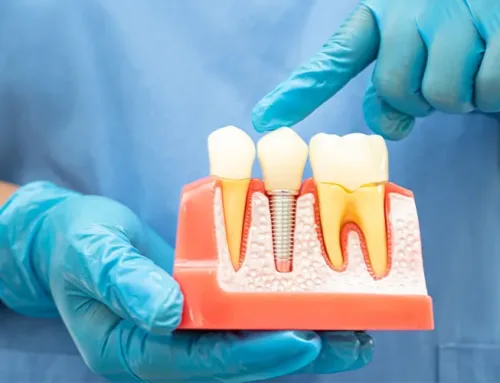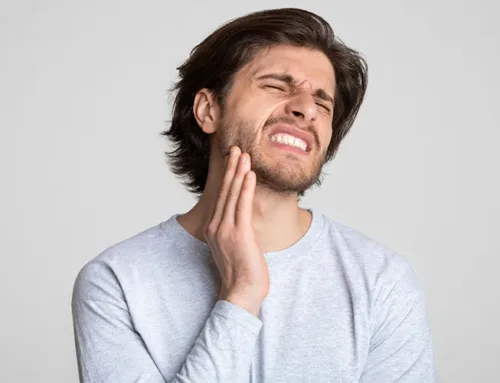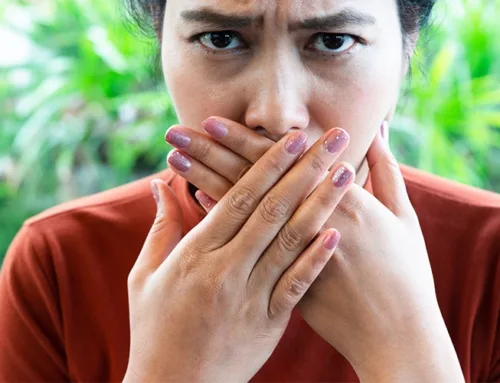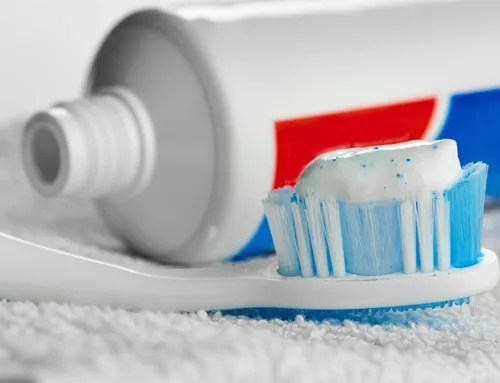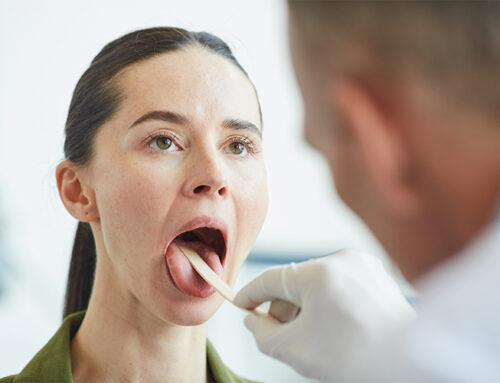What to Bring When You Visit the Dentist: A Guide for Seniors
July 19, 2022
If you’re a senior citizen, and you have a dental appointment coming up, it’s a good idea to take some time to sit down and work your way through a checklist of essential items or information that you need to bring. This way, the night before your appointment, you can run down the checklist and pack the things you need into a bag so that your dental appointment goes smoothly. To help with this, we’ve created a brief guide for seniors that may help in this endeavor.
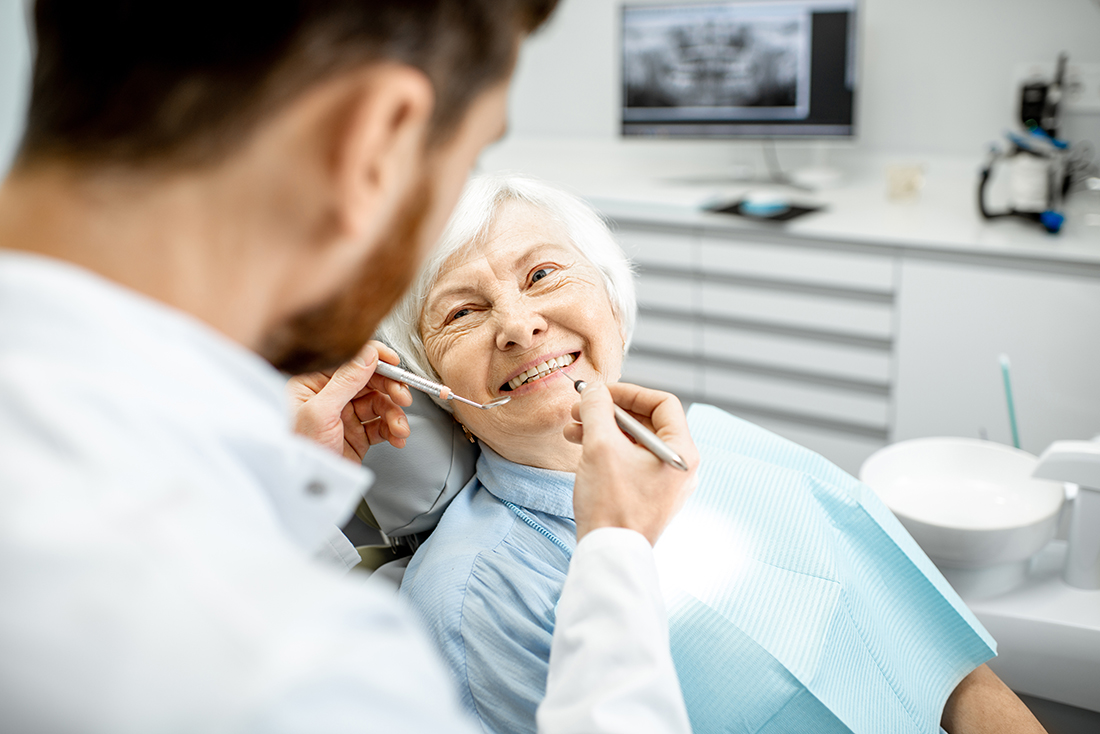
What Are Some Must-Bring Items?
When packing your bag, try to cover the must-bring items first, that way they don’t accidentally get left out or forgotten about.
- If you have a dental insurance card, bring it with you. Dental offices will often want a copy or at least some information from this so that billing can be handled properly. Dental insurance is not as common as regular health insurance for seniors and may not pay for anything more than preventative care, but it’s still essential to bring it along if you have coverage.
- Bring a copy of your records from previous dentists if your appointment is at a new dental office. Because dental care frequently takes place over multiple appointments, providing a copy of previous records gives your new dentist a starting point. This is incredibly helpful if you have had a lot of dental work done in the past or have oral conditions such as gum disease, as your new dentist will need to know about the state of your dental health so that they can give you the best treatment possible.
- If you wear dentures or any other type of dental prosthesis, bring those along with the necessary cleaning and storage supplies. Dental prostheses are often very expensive and can be ruined if they’re not cleaned properly.
If you wear any other types of dental appliances such as braces, retainers, or have dental implants, bring along the cleaning supplies or any information related to these as well. - Bring a list of all medications you are currently taking. This includes the brand name, the medication type, and the dosage. When making this list, include prescription medication, over-the-counter medication, vitamins, and herbal supplements. Even if you do not take all of these on a daily basis, include them and the occurrence rate at which you do take them.
- Write down a list of all contact information for your health care providers (doctors, nurses, personal support workers), as well as, your emergency contacts.
Is My Medical History Relevant?
If you’re a senior citizen, you may have some health issues that are worth sharing with your dentist. Dental treatment can often overlap with medical treatments for certain conditions, so it’s important to keep the two in sync. For example, if you take anticoagulant medications such as Warfarin or Aspirin, you’ll likely need to make some adjustments to your dental care routine, so that any dental procedures you have done do not put you at risk.
If you have any health conditions that are pertinent to your oral health, bring them up with your dentist at your earliest convenience. Dental offices usually keep track of a patient’s medical history, but it’s always helpful to have an accurate and complete overview on hand.
Any Non-Essential Items I Should Bring?
Besides the essential items that we listed above, there are a few other things you may want to bring with you when you visit the dentist. A small bag or backpack can come in handy for storing these items. For instance, if you wear prescription eyeglasses, bring the case with you so that if you have to take them off, you have a place to store them. If you are diabetic, make sure that you bring your insulin with you, and snacks in case your appointment gets pushed back.
Finally, if you have any questions or concerns about your upcoming dental appointment, bring those up with your dentist ahead of time. Dental offices are happy to answer any questions you may have and can often provide helpful advice on how to prepare for the visit.
Can I Ask Questions About My Oral Health?
Absolutely! The best way to take control of your dental health is by asking questions when at your appointment. Near the end, consider asking any of the following:
- What can I do to make my dental hygiene practice more effective?
- Is there a specific flossing technique that would work better for me?
- What kind of mouthwash should I use?
- Is there another way that I can prevent staining?
- Do you provide sedation dentistry?
- Are there any treatments that could benefit my smile?
- Should I be changing my diet in any way?
- What payment methods do you accept?
- What dental conditions am I at risk for?
Wrapping It Up
Dental appointments can be a little daunting, but they don’t have to be with the right preparation. If you are looking to restore, renew, or revitalize your smile, give us a call today at (813) 333-1922, or message us today to schedule an appointment.




